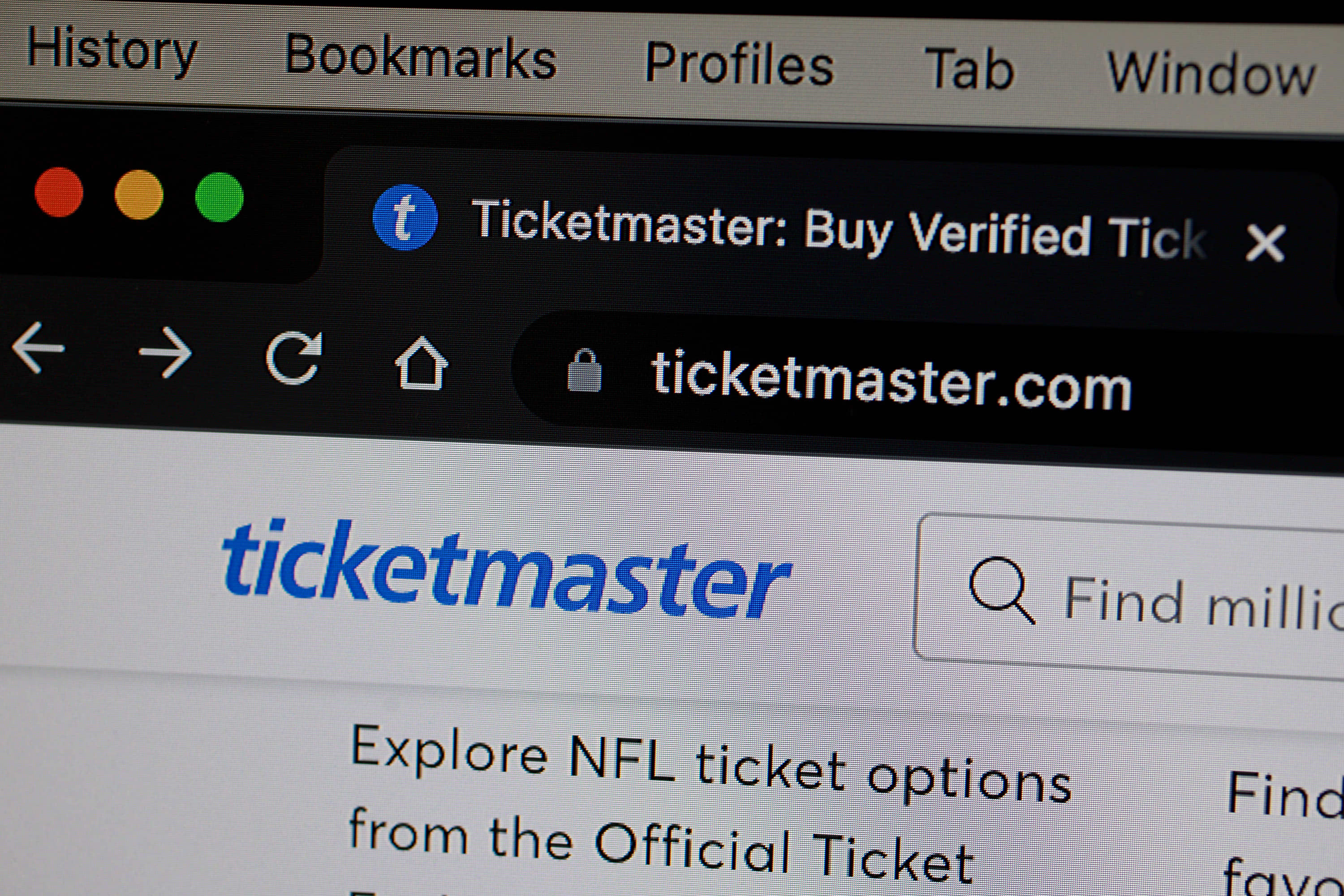As medical debt affects millions of Americans every year, surprise bills from out-of-network services are oftentimes a primary contributor.
According to the Kaiser Family Foundation, approximately 41% of Americans are carrying medical debt, often incurred in instances of suddenly needing an ambulance.
For one Glenview family, a single out-of-network ambulance ride left them with a $8,600 bill.
When Wayne Caplan’s 17-year-old son Charles began having chest pains this summer, he took it seriously.
“The pains were not going away. So we decided to take him to the emergency room at Glenbrook Hospital,” Caplan said.
After five hours of tests and x-rays, Caplan said hospital staff told the family that Charles had to go a nearby pediatric ICU for more testing.
“They told my wife and I that they needed to order an ambulance and have him transported to Lutheran General Hospital, which is about five miles away,” Caplan said.
The family waited hours for a 10-minute ambulance ride to Lutheran General. After a few hours of testing, Charles was released with a clean bill of health.
Caplan said he was charged a $1,000 co-pay for the visit, a month before being hit with a surprise bill from Superior Ambulance.
“We got a bill in August that totaled over $8,600. We were in shock,” Caplan said.
NBC 5 Responds
On his bill, Caplan saw Superior Ambulance charged $60 dollars per mile, for five miles and a base rate of $7,850. The company classified the ride as an emergency, which Caplan contests, saying he waited approximately three hours for the ambulance to arrive.
His insurance company only covered approximately 50% of the bill because Superior Ambulance is out-of-network for Caplan's insurance, something he said he didn't think to ask about.
Feeling out of the loop? We'll catch you up on the Chicago news you need to know. Sign up for the weekly Chicago Catch-Up newsletter here.
“I think the hospital obviously should have some culpability in these things. They're the ones that call the ambulance, they should have probably at least checked to see if it was in an in-network, in my opinion, an in-network ambulance,” Caplan said.
In a statement, a Glenbrook Hospital spokesperson said:
"While we're unable to discuss the details of individual cases due to privacy laws, please know that our team is deeply committed to delivering compassionate, high-quality care to every person we serve. We prioritize the well-being and medical needs of our patients when making transportation decisions,” the statement said.
Abe Scarr of the non-profit consumer protection group PIRG says that hospitals should do what they can to ensure patients have access to in-network services.
“Around 70% of ambulance interactions will result in a surprise billing here in Illinois, and the average out-of-pocket cost is over $500,” Scarr said.
Scarr said ambulance companies often have a blank check when it comes to what they can charge.
“A lot of these costs are not based in reality, they're based on the opportunity that exists in our fractured system for private actors to extract excessive profits,” Scarr said.
Earlier this year, the Better Business Bureau issued a warning about Superior Ambulance, stating that they have received a pattern of complaints about excessive transport fees and threats of being sent to collections agencies. The company did not respond to the BBB.
In a statement to NBC 5 Responds, Superior Ambulance Vice President Mary Franco said:
“We perform over 400,000 patient transports annually. I am unaware of us being in poor standing with the BBB. In the event there is a billing complaint brought to our attention, it is researched and followed up on with the patient directly. Superior works with each family/patient in resolving billing issues," Franco said,
Often, that entails working collaboratively with family to appeal to the insurance company for appropriate reimbursement.
NBC 5 Responds found there are protections in place to prevent surprise bills such as Caplan's.
On a federal level, Congress passed the "No Surprises Act" in 2020, though ground ambulances aren’t covered.
Scarr said that could change in the coming years, but right now, there’s no incentive for ambulance companies, like Superior, to change how they do business.
“They don't have the incentive necessarily to be in-network, since they don't have a supply-and-demand problem," Scarr said. "This happens a lot in the health care industry, where there's a lack of transparency. because they can get away with it one way or the other. They're inflating the costs."
Illinois is one of a handful of states that does have protection for surprise ambulance billing, but the scope is limited.
“It only covers state-regulated plans, not employer or self-funded plans, which about 60% of folks are covered under those employer or self-funded plans,” Scarr said.
Caplan said he was able to get his bill slightly reduced after negotiating with Superior Ambulance.
“They offered to reduce the bill by a little more than 30%, which was substantial. I'm sure that people get financially ruined by situations like this. It's terrible,” Caplan said.
Experts advise patients to negotiate with the ambulance company individually to try to reduce the bill, while also advising to ask medical providers if services are in-network.



